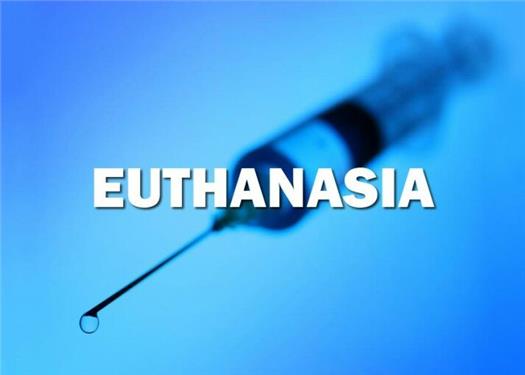
The Church rejects any proposal concerning active euthanasia as well as passive euthanasia.
No one can in any way permit the killing of an innocent human being, whether a fetus or an embryo, an infant or an adult, an old person, or one suffering from an incurable disease, or a person who is dying. No one has the right to ask for this act of killing for ourselves or for those entrusted to our care.
In India, the sanctity of life has hitherto been placed on the highest level. The right to life under Article 21 of the Indian Constitution does not include within its scope the right to die.
The taking of innocent life is never a moral act. Legalizing euthanasia would place the lives of vulnerable people at risk, including those whom others might be tempted to think would be better off dead.
Especially at the end of life, when it is clear that death is imminent and inevitable, no matter what medical procedures are attempted, one may refuse treatment that would only secure a precarious and burdensome prolongation of life, so long as the normal care due to the sick person in similar cases is not interrupted.
According to the Catechism of the Catholic Church, "Discontinuing medical procedures that are burdensome, dangerous, extraordinary, or disproportionate to the expected outcome can be legitimate; it is the refusal of "over-zealous" treatment".
Better access to high quality palliative care, greater support for care givers and enhanced end of life care will be the hallmark of a truly compassionate society.
The mark of a good society is its ability and willingness to care for those who are most vulnerable.
*Fr. Stephen Fernandes,*
*National Secretary,*
*Catholic Bishops' Conference of India (CBCI) Office for Justice Peace and Development*